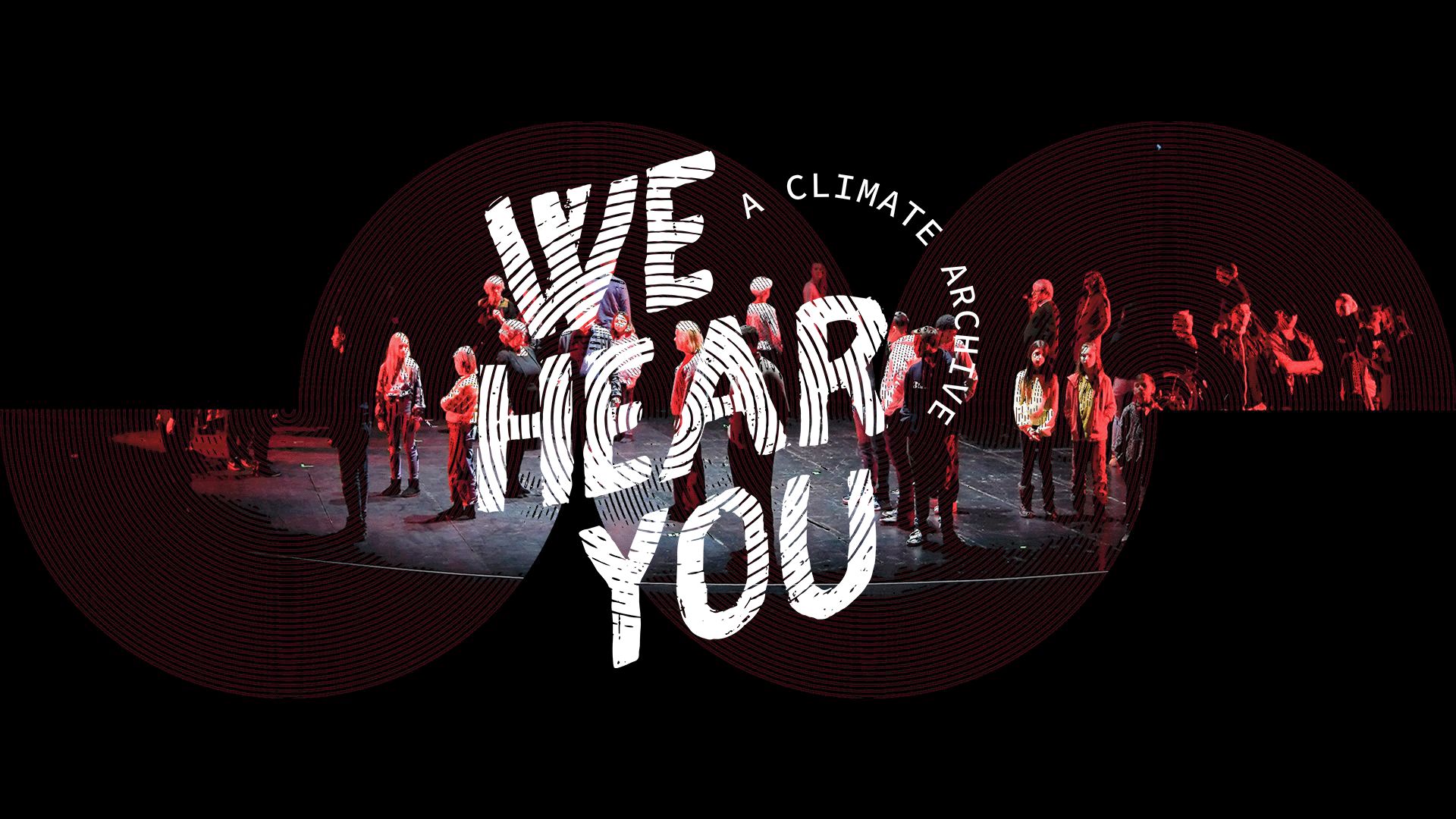Nadia | She/her
The Horizon
Baltimore, MD, USA | Kerala, India
Tropical and Subtropical Moist Broadleaf Forests
Temperate Broadleaf and Mixed Forests
Marine/Coastal
Launch Performance: March 18, 2022
I’m in Baltimore. My heart is in the natu, the country. I’m on Piscataway land—the land of my friend, my mentor. The land of the Chesapeake. The brackish water connects me with the Indian ocean: salt of the water, salt of the march, salt of the marsh, salt of independence, salt of freedom.
And the sugar unjustly made in the harbor.
For me, home is in Kerala—my dad’s house in Kollam, my mom’s in Punalur. When I think of climate crisis, I think of the floods there: the many people who have lost their lives, their homes. I think of the photos my uncle sends in the WhatsApp group, that have somehow become a yearly tradition: knees deep in brown water. I think of the flooding here, of the Facebook video I saw of my auntie trying to drive in a few feet of water.
The last time I went to the homeland was seven years ago. Only parts remain in my memory—the rest lives on in photos in group chats and churidars. Every time we’d go shopping, my mom and I would get mango ice cream from the little restaurant next to the saree department store. I’d sit with my valyamma and cut tiny onions by the backdoor as air breezed throughout the house. I remember the tall coconut palms, and the banana tree that we could only reach by leaning out over the balcony. My grandma would pull the leaves off for us to eat onam sadhya together, with all my cousins on the porch.
Each time we go to visit, my dad’s side of the family gets together for a little trip. The last time, we went on a river, in a houseboat. On the way there, I was so impatient, constantly asking my dad, “Is this the boat? Is it that one?” But once we finally boarded, I remember slowing down. Going slowly down the river. Flowing with the water, the current. Taking photos of my mom. Her taking photos of me. On the water, the horizon slowly disappeared as the sky blended with the river. Both one color, one texture, fog. A feeling of endlessness, maybe of Janna.
I never really envisioned living the life of a climate organizer. I didn’t dream of staying up till 2 am every night in high school making graphics and collaborating on docs. No one really asked this of me. I responded to an Instagram story about getting involved, and following through on my words changed my life so drastically.
As I leave the space that has taken a quarter of my life or two, I’m left to wonder what I’ll be: the girl of the tree or the girl who will flee? Much is left to experience. Much is left to be saved when we think of this floating rock out in space.
But until then, my toes wiggle in the soil of Baltimore, a city that has been wronged countlessly, stereotyped beyond belief. And as we fight for justice—Prison Abolition, Black Trans Rights, Ceasefire, the red line, the trash incinerator—I can see the trees and the leaves beyond the horizon. They’re running toward me.
Nadia is a Muslim South Asian artist and climate justice organizer. She is based in Baltimore, Maryland but calls Kerala, India her homeland. Tales of generational trauma and the land ring throughout the stories she tells.

